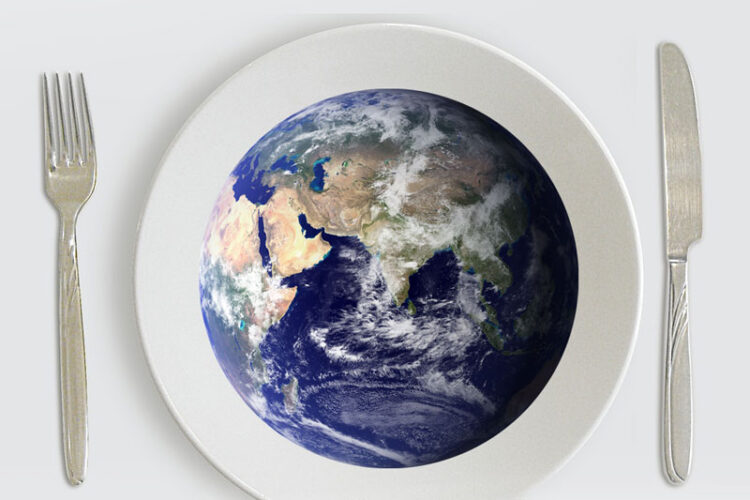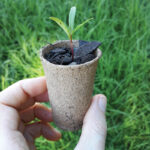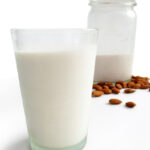Last Week was New Zealand’s turn to participate in the global climate strike. Almost 200.000 people went onto the streets to demand climate action now. I was one of them. And I chose a slightly uncomfortable message for my protest sign:
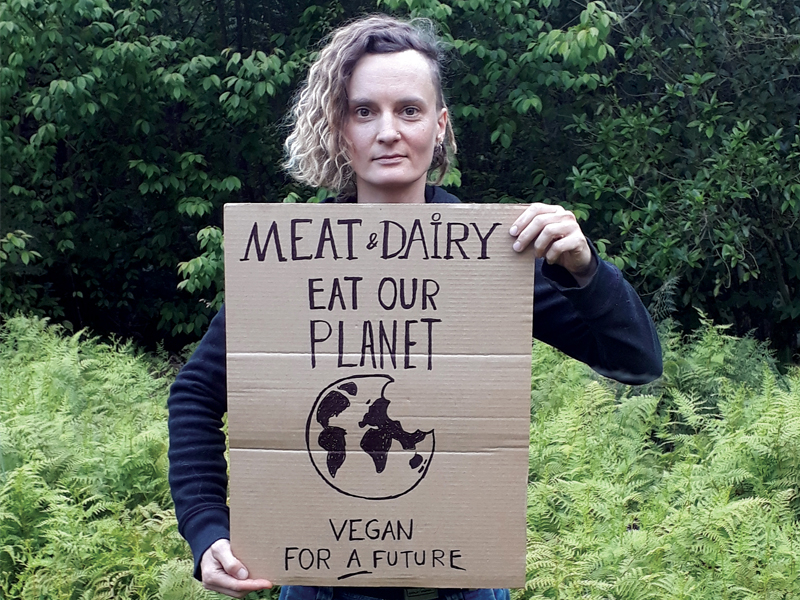
As to be expected, I received quite a few puzzled looks and only a couple of people were comfortable to start a conversation about this important topic.
“And afterwards I wondered how many of these people that were protesting for a better future, actually take part in destroying our world by the choice of food on their plate.”
I chose this topic because New Zealand is still dominated by the meat and dairy industry. But it’s not a secret anymore that this industry is destroying our planet.
Besides the unethical aspects and the unhealthy side effects of consuming meat, dairy and other animal products, there are more concerning facts:
- The amazon fires are caused by the global demand for cheap meat and dairy.
Raising livestock for meat, eggs and milk generates 14.5% of global greenhouse gas emissions, the second highest source of emissions and greater than all transportation combined. It also uses about 70% of agricultural land, and is one of the leading causes of deforestation, biodiversity loss, and water pollution. [1] - Year after year New Zealand’s meat and dairy farmers import palm kernel. In recent years the annual import numbers were at a staggering 2.2 million tonnes, which makes up about a third of the world’s total! [2]
- Palm kernel is directly linked to the deforestation of rain forest in South East Asia. New Zealand meat & dairy farmers contribute to this deforestation. [3]
- Almost 50% of New Zealands Emissions are caused by animal farming [4]
- Climate change is real. [5] It’s time for us to take responsibility and demand change. We can still do this. But we have to wake up now and act on a global level. For our home, for our future.
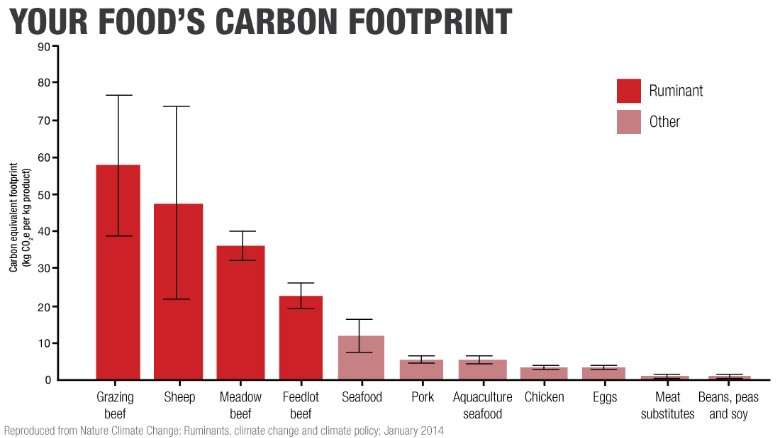
If you have a look at these numbers, it simply can’t be denied that what we eat has an impact on climate changing carbon emissions. Therefore we seriously have to raise this very important question again and again:
“Can you call yourself an environmentalist while consuming animal products?”
The effects of consuming animal products on our global carbon emissions are undeniable. At the same time we are heading towards the point of no return. Once we have reached a global temperature warming of more than 1.5 °C there is most likely no turning back. The drastic consequences will be out of human control. [6]
Does this make you pick up your ears? Do you wonder what you can do to prevent the Earth from becoming a dead planet? We still have time to cut down on our carbon emissions to try and stop further temperature rises. But we have to act now!
We are all in this together. And we have to think of future generations to come who will be left with the mess that we are creating now. Again, I can’t emphasize enough how drastic the effect of climate change will be. Lets’ get together and make a change!
Here are a few ideas how you can cut down your carbon emissions:
1. Eat less meat, dairy and eggs – or go vegan (even better, not only for our planet, but also for the animals and your health)
2. Drive less by car and avoid plane traveling.
3. Plant more trees – New Zealand based people can have a look here
4. Grow your own food, get together with fellow gardening friends
5. Buy local and seasonal produce as much as you can
6. Buy less stuff and avoid plastic – refuse reuse and recycle is the motto
7. Engage in politics – big business and corporations also have to be made responsable since they contribute majorly
8. Last but not least: Spread the word, make a change!
Do you have any other ideas and suggestions? I’m keen to hear from you in the comments. Let’s support each other and make the world a better place 🙂
Lots of love
Jana 🙂
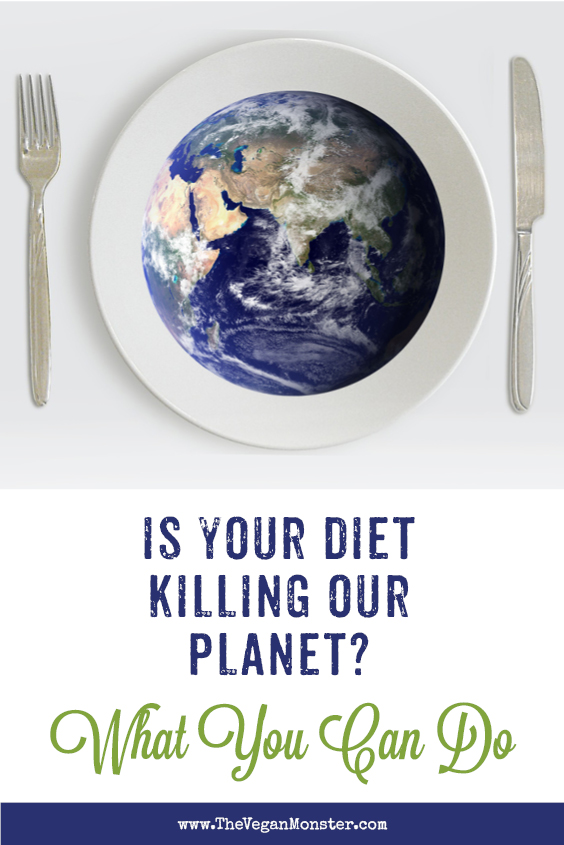
[1] The Guardian – Animal agriculture is choking the Earth and making us sick. We must act now
[2] IndexMundi – New Zealand Palm Kernel Meal Imports by Year
[3] Union of Concerned Scientist – Palm Oil
[4] New Zealand’s Environmental Reporting Series – Environmental Indicators Te taiao Aotearoa – New Zealand’s greenhouse gas emissions
[5] NASA – Global Climate Change
[6] Job One for Humanity – the 11 key global warming tipping points defined

